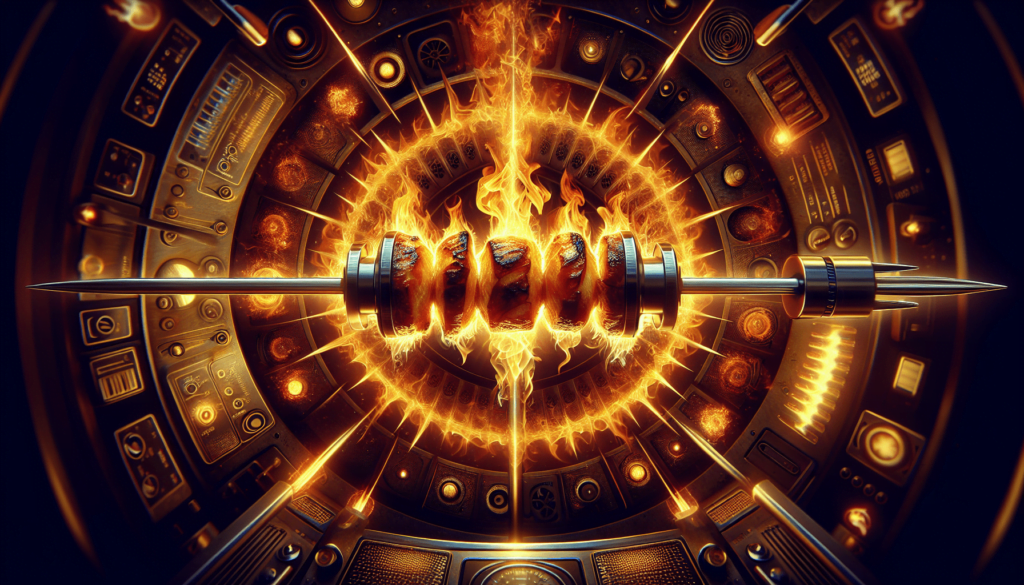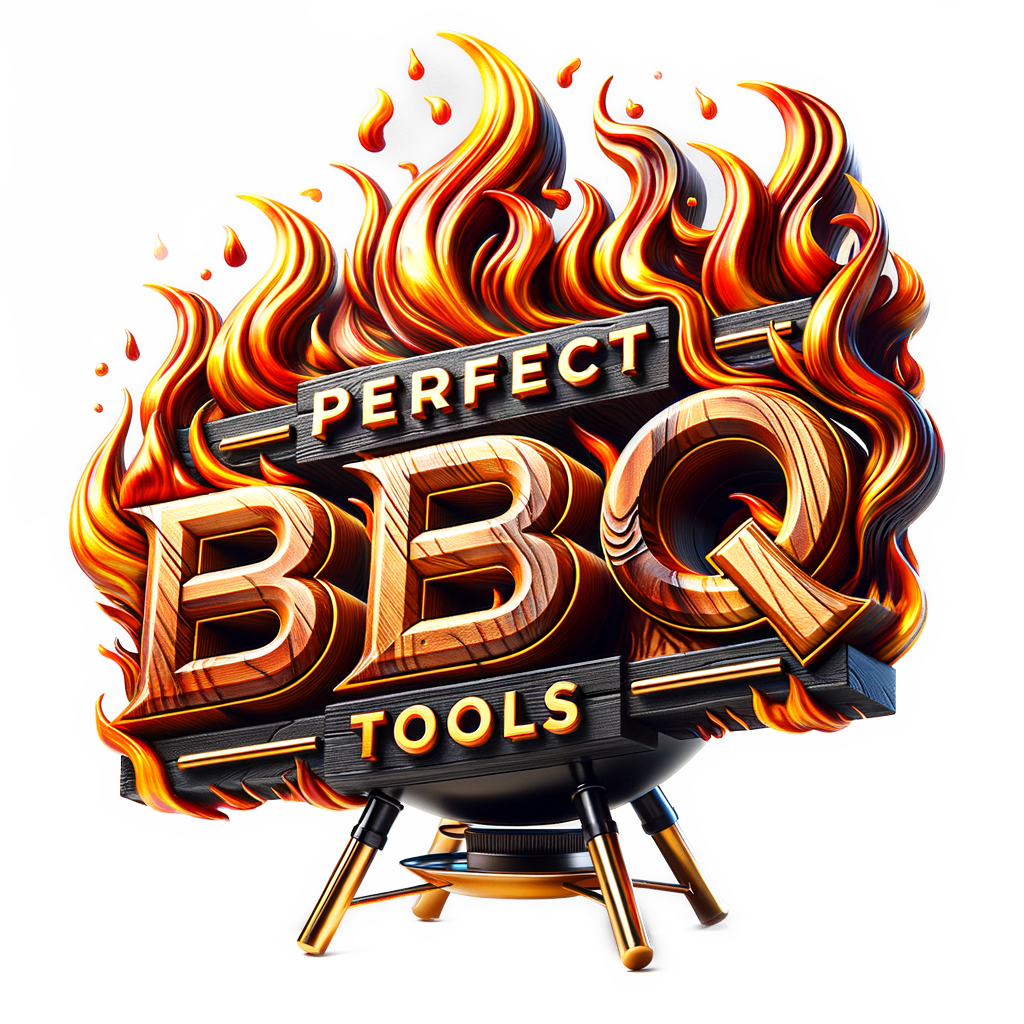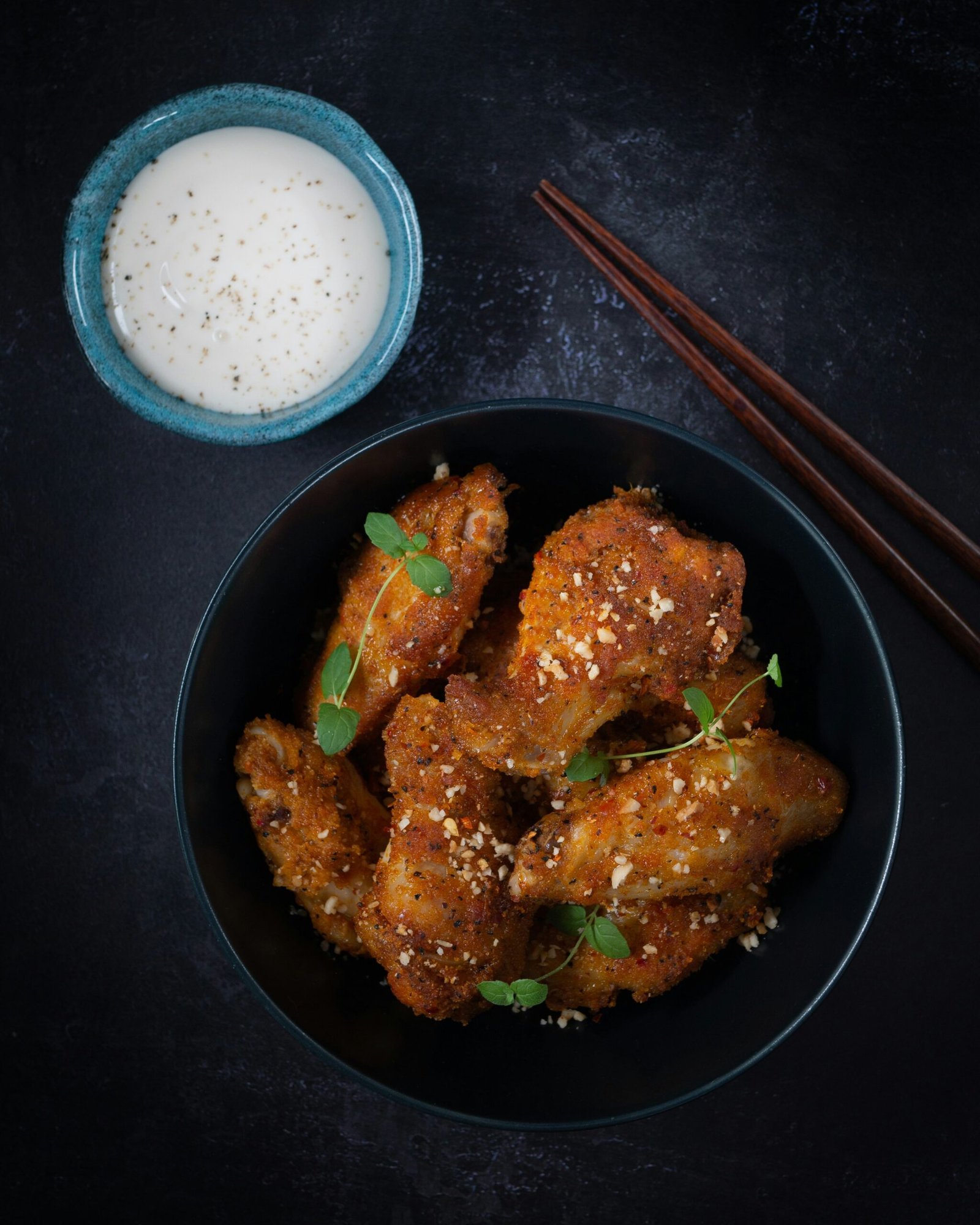Are you ready to take your grilling game to the next level? Discover the magic of the rotisserie burner, an essential tool for any BBQ enthusiast who dreams of perfectly cooked, juicy, and evenly roasted meats. With its unique design and specialized heat distribution, the rotisserie burner ensures that your culinary masterpieces turn out restaurant-quality every time. Let’s dive into the purpose of this incredible feature and how it can transform your grilling experience!
What Is The Purpose Of The Rotisserie Burner?
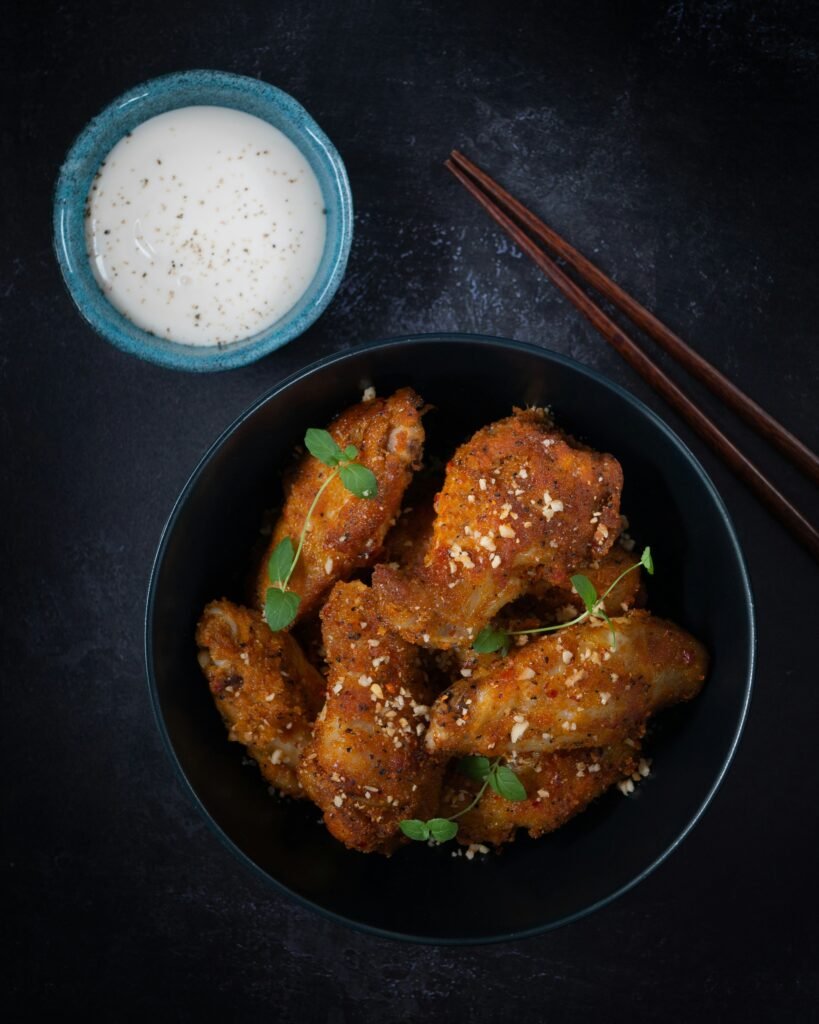
Introduction: Unlocking the Mystery of the Rotisserie Burner
Have you ever found yourself standing in front of a grill, staring at the rotisserie burner, and wondering, “What is the purpose of the rotisserie burner?” You’re not alone! Many grilling enthusiasts have pondered this very question. Whether you’re a seasoned grill master or a backyard BBQ newbie, understanding the unique role of the rotisserie burner can elevate your cooking game to new heights. Let’s dive in and explore everything you need to know about this fantastic grilling tool.
What is a Rotisserie Burner?
The Basics
A rotisserie burner is a specific component of some grills designed explicitly for spit-roasting. It’s typically situated at the back of the grill and provides direct, even heat necessary for slow-cooking meat as it rotates. Unlike traditional burners, rotisserie burners often use infrared technology, which is highly efficient for this cooking method.
Infrared Technology
Infrared burners differ from conventional gas burners in that they use infrared radiation to cook food. This type of heat is intense and direct, making it ideal for searing and achieving a crispy exterior while keeping the inside juicy. In a rotisserie setup, this technology ensures that your meat cooks evenly and retains its natural flavors.
Components
A standard rotisserie setup includes:
| Component | Description |
|---|---|
| Rotisserie Rod | The metal rod on which the meat is skewered. |
| Rotisserie Forks | Prongs that hold the meat securely on the rod. |
| Motor Unit | Powers the rotation of the rod, ensuring even cooking. |
| Rotisserie Burner | Provides the intense, direct heat necessary for rotisserie cooking. |
Understanding these components is essential before you proceed with your rotisserie culinary adventure.
Why Use a Rotisserie Burner?
Even Cooking
The most immediate advantage of using a rotisserie burner is the even cooking it provides. As the meat rotates, it bastes itself in its juices, resulting in a succulent and flavorful dish. This self-basting process is difficult to achieve with traditional grilling methods.
Health Benefits
Believe it or not, rotisserie cooking can be a healthier option. The rotating action allows fat to drip away from the meat, reducing the overall fat content. So, while you’re enjoying a deliciously crispy chicken, you’re also making a healthier choice!
Versatility
Another significant benefit is the ability to cook a variety of foods. From whole chickens and large roasts to smaller items like vegetables, a rotisserie burner can handle it all. This versatility makes it a valuable addition to any grill setup.
Setting Up Your Rotisserie Burner
Initial Assembly
Getting started with your rotisserie burner requires some initial assembly. Make sure to read the manufacturer’s instructions carefully. Assemble the rotisserie rod, attach the forks, and secure your meat. Always ensure that the setup is balanced to avoid uneven cooking.
Preheating
Just like traditional grilling, preheating is crucial. Turn on the rotisserie burner and let it preheat for about 10-15 minutes. This step ensures that your meat starts cooking immediately once you place it on the grill, helping to lock in those delicious flavors.
Adjusting Heat
One essential tip is to adjust the heat according to the type of meat you’re cooking. For larger cuts, give yourself some extra time and use a lower heat setting to ensure that the meat cooks evenly without burning the exterior.
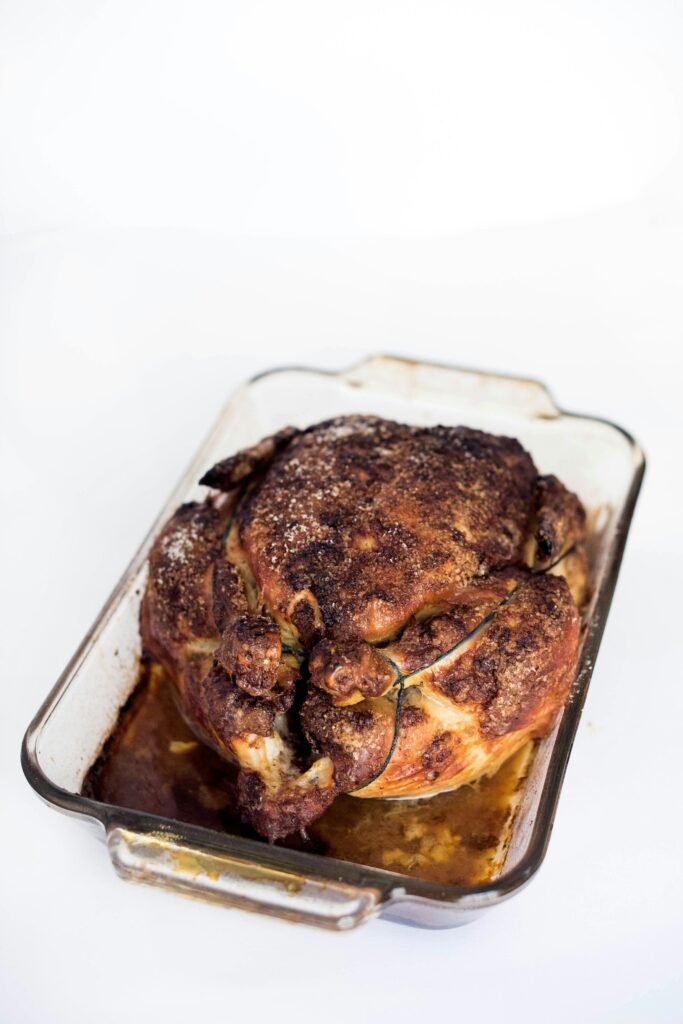
Tips for Perfect Rotisserie Cooking
Selecting the Right Meat
Choosing the right cut of meat is the first step towards rotisserie perfection. Here are some ideal choices:
| Meat Type | Ideal Cut |
|---|---|
| Chicken | Whole chicken |
| Beef | Ribeye Roast, Prime Rib |
| Pork | Pork Shoulder, Pork Loin |
| Lamb | Leg of Lamb, Rack of Lamb |
Opt for cuts that are evenly sized to ensure consistent cooking.
Seasoning
A well-seasoned meat can make all the difference. Whether you prefer a simple salt and pepper rub or a complex marinade, ensure that the seasoning penetrates deep into the meat. Consider marinating overnight for the best results.
Monitoring the Cook
Unlike traditional grilling, rotisserie cooking demands more attention. Keep an eye on the internal temperature of your meat to avoid overcooking. Using a meat thermometer can be incredibly helpful here. Remember, poultry should reach an internal temperature of 165°F, while red meats can vary based on your preferred level of doneness.
Basting (Optional)
While the rotisserie action naturally bastes the meat, adding extra baste can enhance the flavor. Use a brush to apply additional marinade or sauce about 30 minutes before your meat is done cooking.
Common Mistakes and How to Avoid Them
Balancing the Meat
One common mistake is not balancing the meat on the rotisserie rod. An unbalanced setup can lead to uneven cooking and even damage your motor. Make sure to center the meat and use the forks to secure it tightly.
Ignoring Preheat
Skipping the preheat phase is another rookie mistake. Preheating ensures that the rotisserie burner reaches an optimal temperature, providing even cooking from the get-go. Always give your burner 10-15 minutes to heat up properly.
Neglecting Safety
Safety should always be a priority. Ensure that the rotisserie setup is securely attached to the grill. Also, remember to use heat-resistant gloves when handling the rotisserie rod.
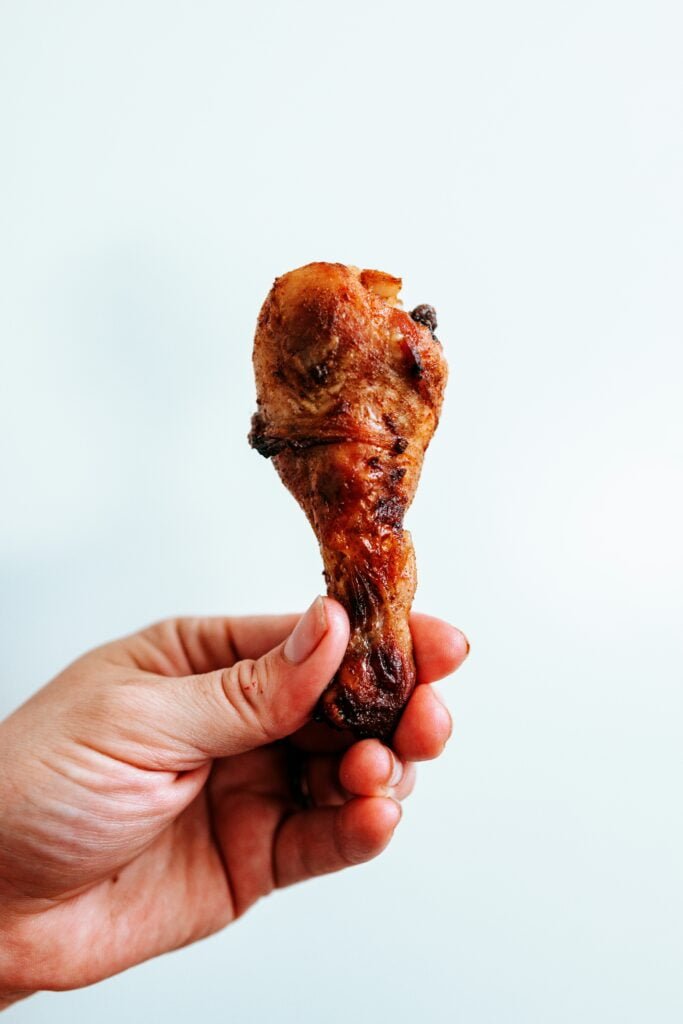
Maintenance and Care
Cleaning the Rotisserie Rod
After you’ve enjoyed your meal, don’t forget to clean the rotisserie rod and forks. Soak them in warm, soapy water and use a brush to remove any stuck-on food particles. Rinse thoroughly and dry before storing to prevent rust.
Maintaining the Burner
Keeping the rotisserie burner in prime condition requires periodic maintenance. Remove any grease build-up using a grill brush. Make sure to check the burner holes for blockages and clean them as needed. Regular maintenance will prolong the life of your burner and ensure it performs efficiently.
Storing
When not in use, store your rotisserie components in a dry, cool place. If possible, keep them in the original packaging to avoid any damage.
Conclusion: Elevate Your Grilling Game
So, what is the purpose of the rotisserie burner? It’s a fantastic tool that offers even cooking, enhanced flavor, and a healthier alternative to traditional grilling. By understanding its components, benefits, and best practices, you’re well on your way to becoming a rotisserie master. Happy grilling!
Now that you have a comprehensive understanding of the rotisserie burner, it’s time to put this knowledge into practice. Whether you’re cooking a whole chicken, a succulent roast, or a leg of lamb, the rotisserie burner will undoubtedly enhance your culinary creations. Enjoy the journey, and happy grilling!
